Can Polycystic Ovarian Syndrome Cause Cancer
Can polycystic ovarian syndrome cause cancer. Women with PCOS may not ovulate have high levels of androgens and have many small cysts on the ovaries. PCOS can cause missed or irregular menstrual periods excess hair growth acne infertility and weight gain. If women do not ovulate they do not make a hormone called progesterone which is intended to clean up the lining of the uterus every month with the menses.
Polycystic ovary syndrome PCOS is the most common cause of amenorrhea in women with evidence of androgen excess. 1 The disorder can be morphological polycystic ovaries or predominantly biochemical hyperandrogenemia. Polycystic ovary syndrome or PCOS has a number of symptoms associated with it.
PCOS is caused by a combination of genetic and environmental factors. The prescription of hormonal treatment to reduce the risk of this complication is supported by the Guidelines for Good Clinical. Hyperandrogenism a clinical hallmark of PCOS can cause inhibition of follicular development.
Polycystic ovary syndrome PCOS is a complex condition characterized by elevated androgen levels menstrual irregularities andor small cysts on one or both ovaries. Chronic unopposed estrogen exposure is probably the proximate risk factor. A Review Analysis while women with PCOS are not at an increased risk for breast cancer there is still a risk for breast cancer.
The struggle to become pregnant with a condition like polycystic ovary syndrome is real and is typically accompanied by unfavourable characteristics like ovarian cysts high levels of male hormones called the testosterone and menstrual cycle irregularity. This may be confounded by obesity hypertension and diabetes which are known correlates of endometrial cancer risk. Polycystic ovary syndrome is a condition caused by hormones affecting 1 in 5 women globally.
Since then several studies have been published that seem to support this association. PCOS increases the risk of some types of cancer. Cancer risk Women with PCOS are at increased risk of endometrial cancer.
According to the Long Term Health Consequences of Polycystic Ovarian Syndrome. An association between polycystic ovary syndrome PCOSand endometrial carcinoma was first suggested in 1949 14 years after the original description of the syndrome.
Although its not known for sure whether benign ovarian cysts or polycystic ovaries develop into ovarian cancer the vast majority of ovarian cysts appear to be unrelated to cancer.
Polycystic ovary syndrome is a condition caused by hormones affecting 1 in 5 women globally. According to the Long Term Health Consequences of Polycystic Ovarian Syndrome. PCOS is caused by a combination of genetic and environmental factors. Reproductive Endocrinology There are two mechanisms that can link polycystic ovary syndrome PCOS to endometrial carcinoma cancer. Although PCOS most often occurs concurrently with onset of menses it can also. Polycystic ovary syndrome or PCOS has a number of symptoms associated with it. An association between polycystic ovary syndrome PCOSand endometrial carcinoma was first suggested in 1949 14 years after the original description of the syndrome. Chronic unopposed estrogen exposure is probably the proximate risk factor. Since then several studies have been published that seem to support this association.
Women with PCOS may be at higher risk for type 2 diabetes high blood pressure heart problems and endometrial cancer. This disease is related to the number of follicles per ovary each month growing from the average range of 6 to 8 to double triple or more. Reproductive Endocrinology There are two mechanisms that can link polycystic ovary syndrome PCOS to endometrial carcinoma cancer. PCOS increases the risk of some types of cancer. The struggle to become pregnant with a condition like polycystic ovary syndrome is real and is typically accompanied by unfavourable characteristics like ovarian cysts high levels of male hormones called the testosterone and menstrual cycle irregularity. Polycystic ovary syndrome PCOS is the most common cause of amenorrhea in women with evidence of androgen excess. There is no obvious causal link between polycystic ovarian syndrome and ovarian cancer.
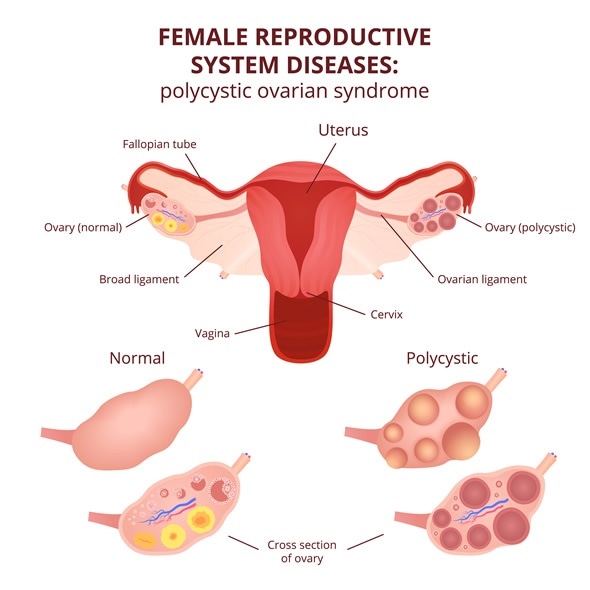
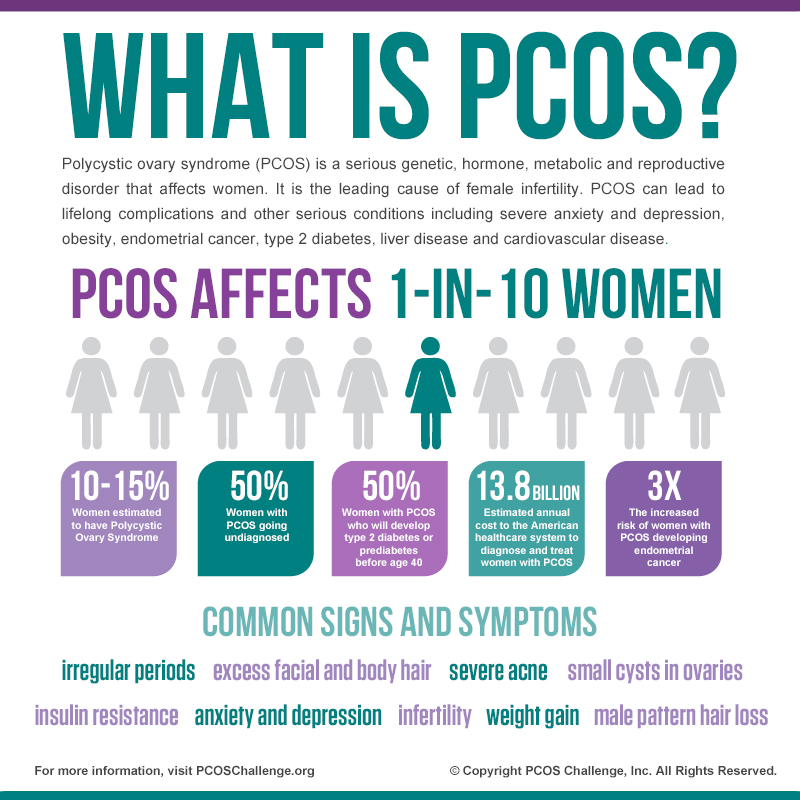




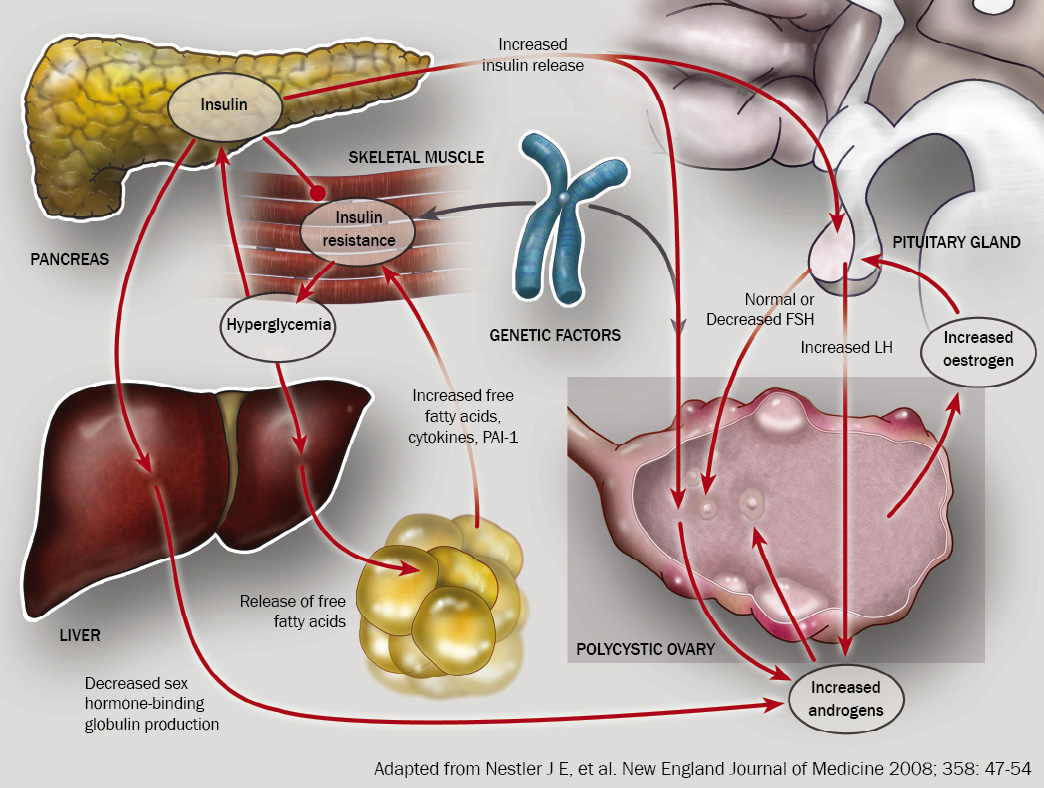




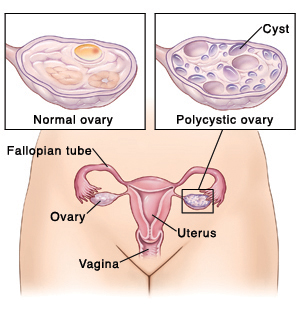




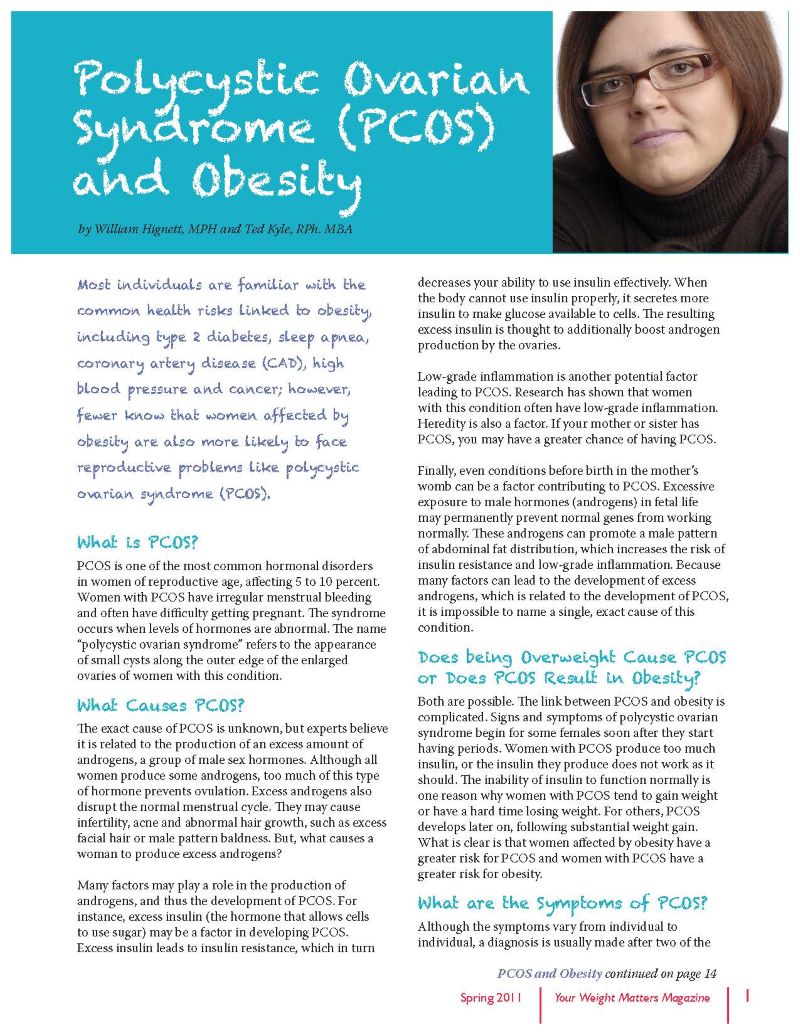



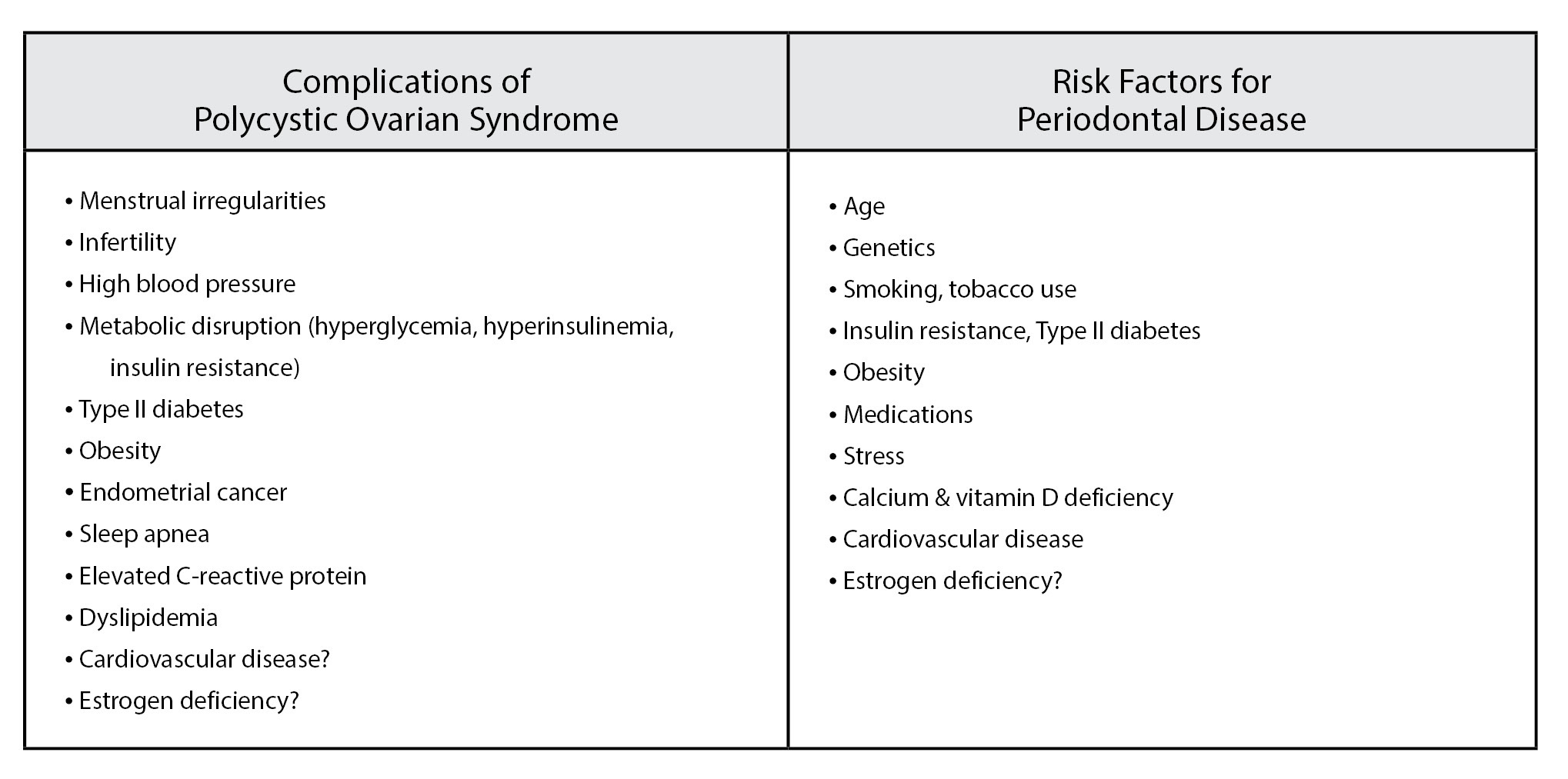
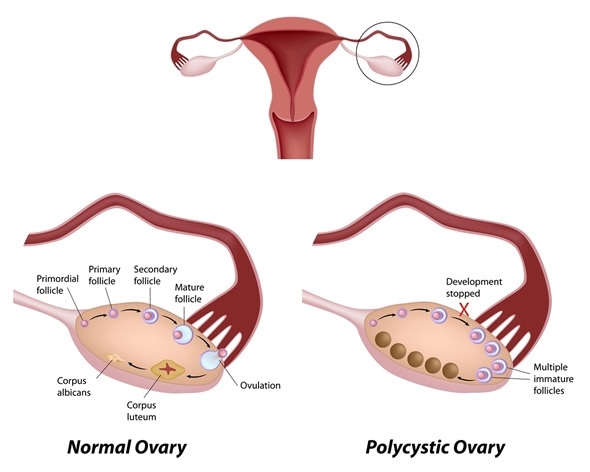






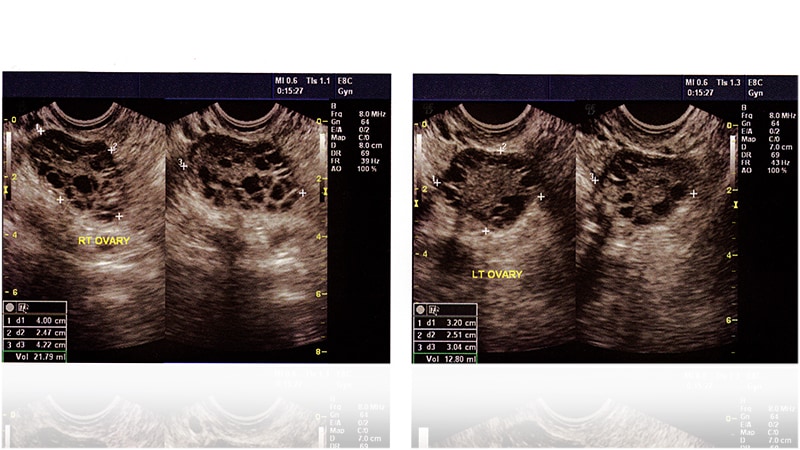


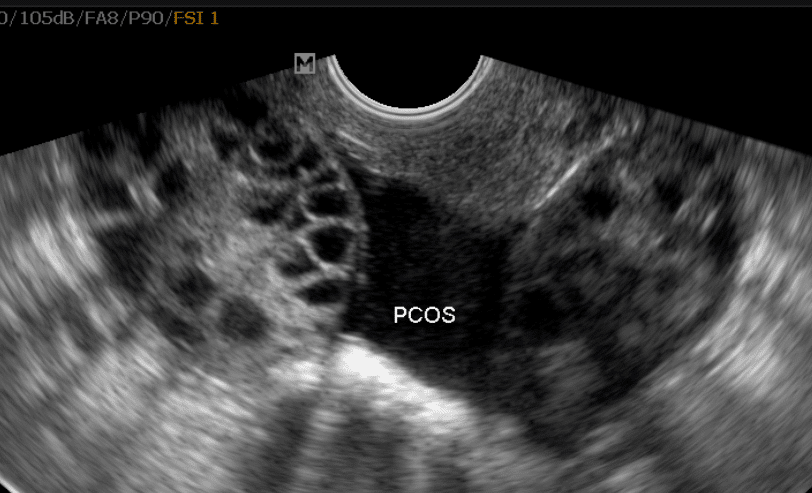













Post a Comment for "Can Polycystic Ovarian Syndrome Cause Cancer"